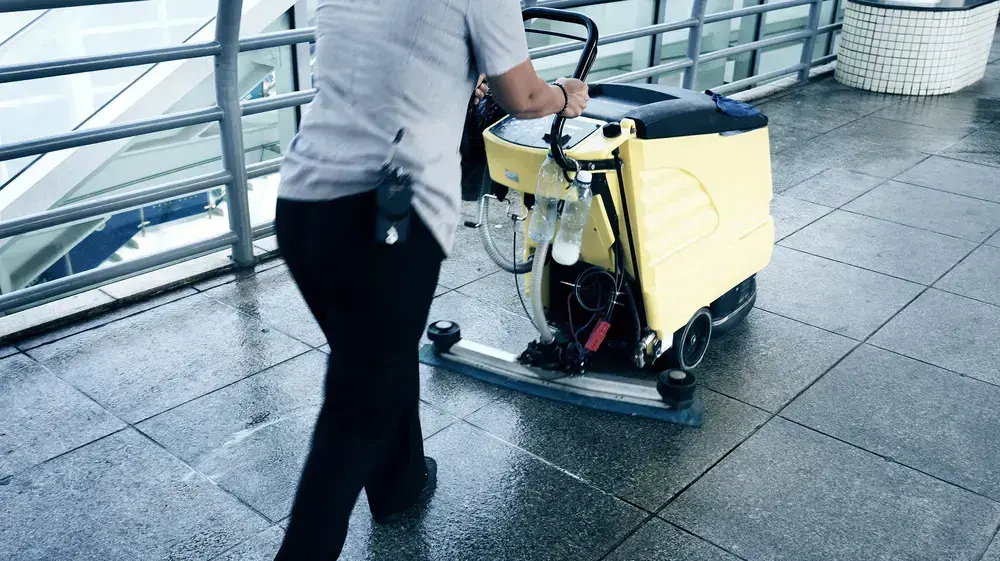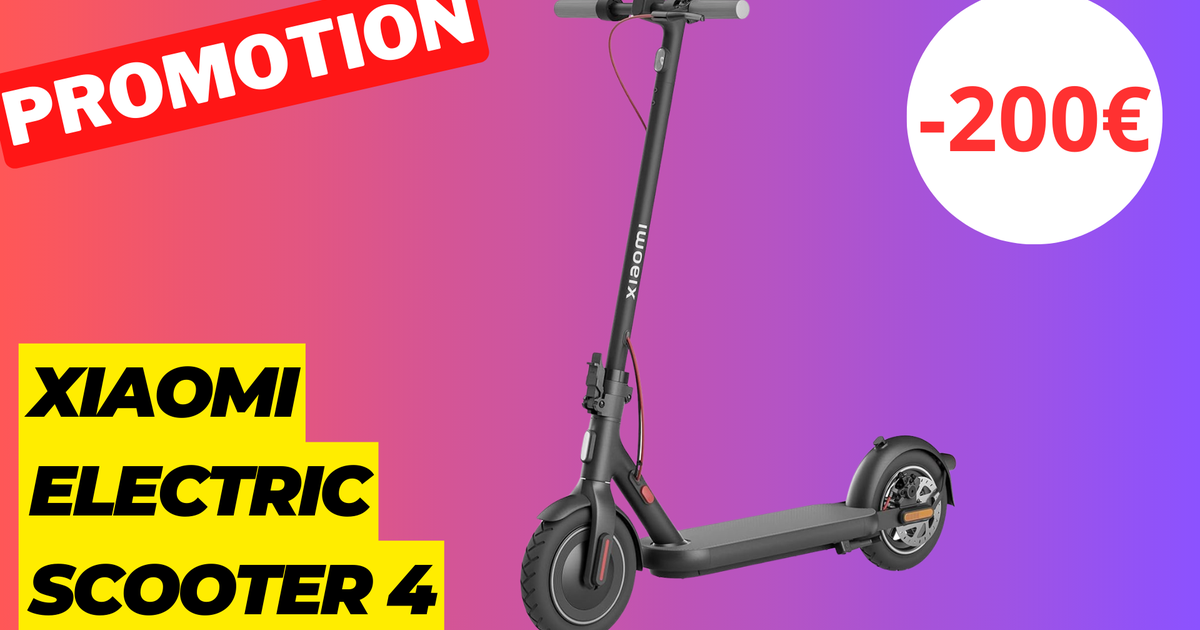For the e-scooter industry, the corona crisis could prove not only a challenge, but also a cleaning storm. And it should play into the hands of another player in the new mobility.
Berlin / Munich (dpa) - The e-scooter industry has just had a race to find out who is the fastest to add city to city to its network, now the corona crisis has caused the brakes to stop abruptly.
Many providers have temporarily stopped their services or at least thinned them out. There have also been layoffs. What's next for the young savages of the new mobility?
The industry is "completely in crisis", says Jérôme Nonnenmacher from the Munich consultancy Nunatak. Currently one sees the opposite of the hype in the summer of 2019. There are fewer people on the go, and business travelers and tourists are missing as important user groups of the electric scooters. With some providers, the ratings have now plummeted. But in the medium term, the crisis could bring advantages for the industry on several levels - also because it speeds up a lot.
"There will be a cleanup," says Andreas Nienhaus of Oliver Wyman's advice on the currently fragmented market. The corona crisis aggravates the "struggle for survival". The large providers in particular have good chances. These are mostly well financed and continue to receive capital even in the crisis. "But it becomes a problem for the smaller children in the second row."
Lime, for example, also says that the crisis could help "accelerate the expected market consolidation and not all e-scooter providers will survive the break". But you see yourself "in a good position to master the crisis". The company is one of those who have stopped operating in Germany for several weeks. However, since April 20, the service has gradually been started up again in individual cities. With increasing loosening, the demand increases again, it is said.
But the industry already had problems before the pandemic, as Gregory Heckl from Oliver Wyman says: "Sharing business models are generally nothing where I bathe in money per se," he emphasizes. "Whether the business is profitable may vary from city to city." The cost of ongoing operations are higher than the operators initially assumed, says his colleague Nienhaus. In addition, the providers could differentiate themselves from the competition primarily by being cheaper or by distributing as many e-scooters as possible in the cities. But that is expensive.
"Many things are not yet fully developed here, and the crisis is exacerbating them now," says Heckl. "A market that is developing quickly is forced to do it even faster now." At least the providers who survive this phase benefit from the acceleration, because they escape the dilemma of expensive competition about price and breadth of the offer. "The consolidation will help providers to work profitably," says Nienhaus. "The technology is also improving - the scooters last longer and require less maintenance. That also saves costs."
There is also a further shift. Both the experts from Nunatak and Oliver Wyman expect the cities to become significantly more important in terms of micromobility - and therefore also for e-scooters - because the actors need cooperation. "On the one hand, their mobility platforms can play a decisive role. On the other hand, some cities in the USA or Spain are also having a strong impact. There is then a call for tenders and then only one or two providers," says Nienhaus. He also expects cities to exert greater influence in Germany. This speeds up the selection process, adds Heckl.
Nunatak expert Nonnenmacher sees the possibility that there will be more cooperations and that the e-scooters will become less competition and more a complement to the bus, subway and S-Bahn. "The Wild West is consolidating," he says of the industry, the way in which it has been criticized in the past. "A few cowboys remain in the city - but they come to terms with the city." Ultimately, it is not just a question of who has more money, but also of who cooperates better.








